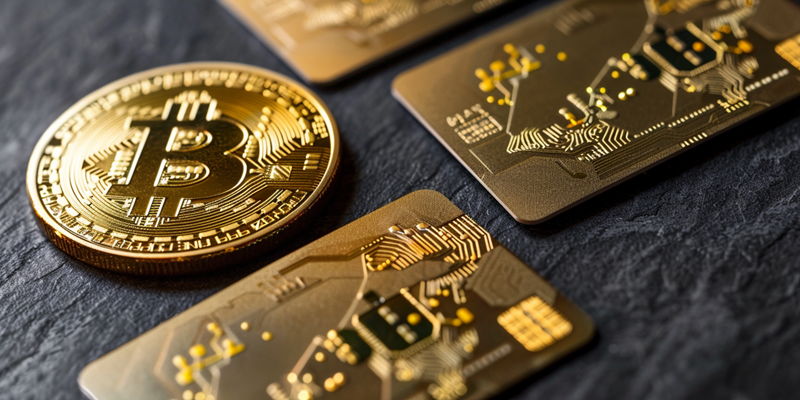In the ever-evolving landscape of finance, digital crypto cards are becoming a vital bridge between the traditional monetary system and the burgeoning world of digital currencies. These innovative tools allow users to spend cryptocurrencies directly from their wallets for everyday transactions, just like they would with a standard debit or credit card. It is a transformational step, as it eliminates the need for multiple steps typically involved in converting crypto assets into fiat currency. As such, users benefit from increased speed and simplicity in accessing and using their digital funds, which incentivizes the broader adoption of cryptocurrencies, thereby integrating them into mainstream commerce.
Furthermore, digital crypto cards are proving to be a catalyst for financial inclusion. By marrying the familiarity of physical cards with the efficiency of digital currency, they make participating in the crypto economy easier for people who may not be tech-savvy. This inclusive approach helps demystify cryptocurrency for the general public, making it more accessible and less formidable to incorporate into daily life. As a result, these cards are not only transforming how people think about and use money but also widening the scope of who can conveniently access cryptocurrency markets.
Enhanced Security and User Experience
Crypto cards merge blockchain’s robust security measures with the convenience of traditional financial cards, fortifying transactions with encryption that rivals conventional banking protections. Their use taps into blockchain’s decentralization, which is less prone to centralized pitfalls, offering a safer digital transaction experience. With concerns over financial data security on the rise, the appeal of such an encrypted, fraud-resistant platform only grows.
Moreover, the user experience with crypto cards is unparalleled. They effortlessly integrate with digital wallets and exchanges, smoothing the transition process between digital and traditional currencies. Crypto cards simplify transactions across diverse platforms, hinting at a future where currency exchanges are fluid and unnoticed, even for those with minimal technical know-how. This fusion of ease-of-use and security underscores crypto cards’ role in evolving both the safety and simplicity of economic transactions in the digital age.

